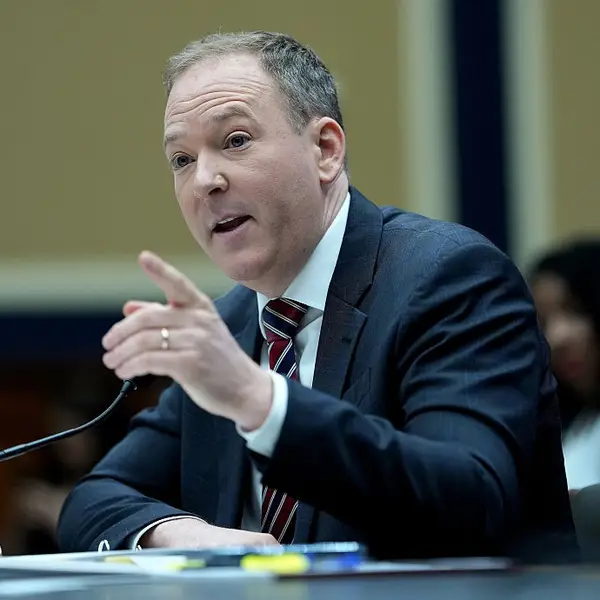The Environmental Protection Agency on Thursday published two bee-related announcements, but with both, say environmental groups, the agency has failed the pollinators.
One was its "Policy to Mitigate the Acute Risk to Bees from Pesticide Products." It states that the "policy is not a regulation or an order and, therefore, does not legally compel changes to pesticide product registrations."
The other release was a set of draft risk assessments for three neonicotinoids, or "neonics." They are the most widely used class of insecticides, and they have been linked to bee harm. The new assessments were for clothianidin, thiamethoxam, and dinotefuran, and an updated assessment on another, imidacloprid, was also included.
Those assessments, according to Paul Towers, policy advocate and spokesperson for Pesticide Action Network, "are full of gaps and continue to ignore many of the most significant threats from neonicotinoids, particularly when they're used as seed coatings on common crops," their most frequent use.
Yet "[e]ven in their limited scope, these risk assessments clearly show harm to bees and other pollinators from uses of neonics," said Larissa Walker, program director for the Center for Food Safety's pollinator program.
Added Lori Ann Burd, director of the Center for Biological Diversity's environmental health program: "It's outrageous that on the same day the EPA acknowledged these dangerous pesticides are killing bees it also reversed course on mandating restrictions on their use," referring to the agency's backing away from a 2015 proposal.
"This is like a doctor diagnosing your illness but then deciding to withhold the medicine you need to cure it," Burd said.
The Center also referred to the policy's failure to mandate restrictions as "a deep bow to the pesticide industry."
To truly take steps to protect bees, as well as our environment, said Tiffany Finck-Haynes, food futures campaigner at Friends of the Earth, the EPA "should take bee-toxic pesticides off the market."
The announcements came during the final days of the Obama administration, and as President-elect Donald Trump has already made clear he'll be heading an anti-science administration, with picks like Scott Pruitt, whose record is "completely antithetical" to the mission of the EPA, which Trump wants him to lead.
"It's shocking that the EPA's response to the crisis of declining pollinators and the abundant science linking that decline to neonicotinoid insecticides is to meekly offer a policy encouraging industry to consider restricting pesticide use in limited situations where plants are blooming while commercial honeybees have been brought in to work the fields," the Center for Biological Diversity's Burd continued. "This is a rejection of science that should be deeply troubling to all Americans as we move into a Trump administration."



